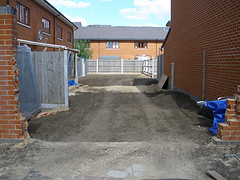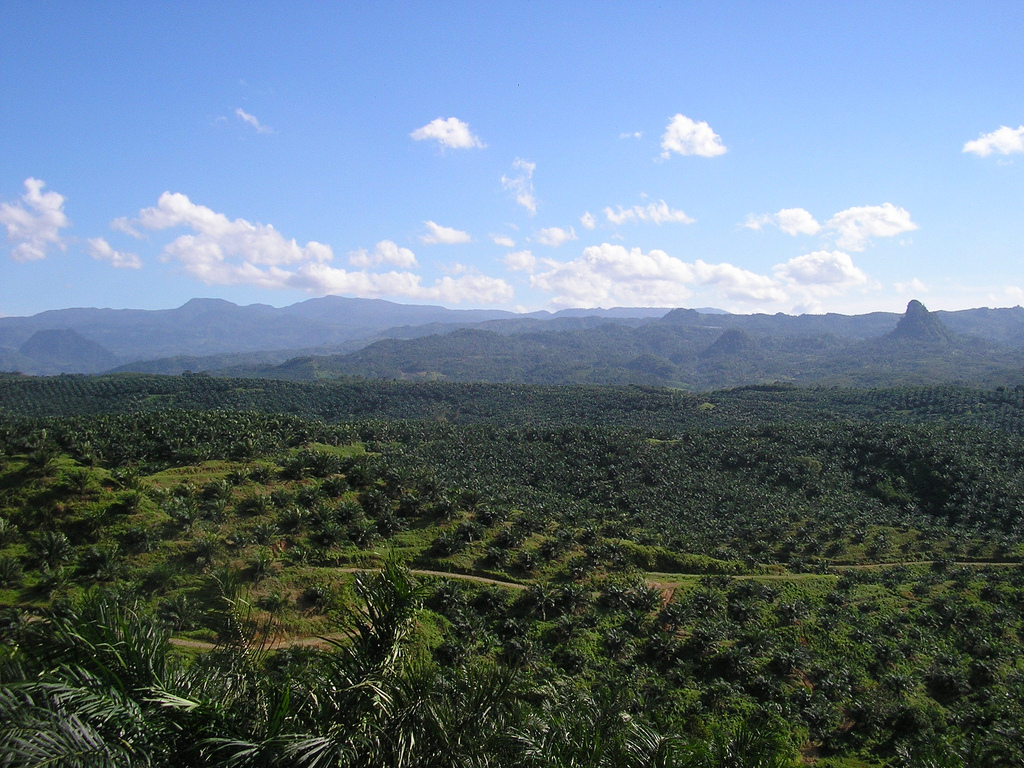
Once they were gardens
Based on residents’ concerns about the mysterious and unspecified “soil contamination” of the back gardens of dwellings in phase 3A of the Silwood estate we put together our own “Frequently asked Questions” and put them to Higgins, the contractor:
9th July 2010
Re: Removal of topsoil on Silwood Estate SE16
Given the confusion among residents over this issue, we are contacting you formally to ask several questions about the topsoil, the contamination, and the ongoing digging works. Our questions are:
From where was the topsoil currently being removed brought?
Have soil tests been conducted on the contaminated soil, and if so, what did the results of these tests reveal?
What are the health consequences related to this soil contamination?
How is any contamination thought to have arisen?
For how long has Higgins Construction known about any contamination present in the topsoil?
Will any contamination have affected the fruit and vegetables grown in some residents’ gardens in such a way as might adversely affect the health of anyone who might eat them?
On what basis was the £250 compensation for each affected garden calculated?
How long will these works (removing contaminated topsoil, replacing it with new topsoil, and repairing residents’ gardens) take?
How much will these works (removing contaminated topsoil, replacing it with new topsoil, and repairing residents’ gardens) cost?
In addition, we were informed during a conversation on Silwood Estate with a Higgins Construction employee that some paperwork related to the contaminated topsoil had been lost. We would therefore also like to know:
Of what nature was this lost paperwork?
How was this paperwork lost?
If this lost paperwork was in connection with the contamination of the topsoil, why is the issue only being addressed now, several years after the topsoil was bought and laid in residents’ gardens?
As I am sure you will agree, it is manifestly in the public interest to have these question answered, since any environmental contamination constitutes a matter of public health and safety.
At first there was silence, we sent the letter again and then we got a phone call from Keith Briggs Director for Preconstruction at Higgins Construction PLC. He wanted to know if we were an “elected representative body ” because if the Silwood Video Group were not elected Higgins did not need to answer our questions. I asked him to put his response in writing, here is an edited version below:
15th July
our Ref:C2292/KB/as
Dear Sirs,
[…] As we established in our [phone] discussion your organisation is not an elected representative body to speak on behalf of the residents […]
It is not appropriate for Higgins Construction PLC to enter into discussion with any party not forming part of our contractual obligation.
In other words Higgins was refusing to answer the questions, many of which only they could answer, on the spurious grounds that only an elected body was entitled to ask questions.
Dear Keith,
Thank you for your reply.I understand that Higgins are refusing to answer our legitimate questions regarding the soil contamination at the Silwood. In a democracy residents do not need to ask questions via an elected body. Indeed there is no such elected body on the estate. To use this as grounds for refusing to answer legitimate questions goes against accepted notions of freedom of speech and accountability.
I would like to draw your attention to your own website:
Corporate Social Responsibility
When it comes to Corporate Social Responsibility (CSR), Higgins believes in going beyond the minimum requirements. [….] we have developed a CSR policy that’s based on 6 core principles:
1 Environment – taking responsibility for the mark we make on the environment
If Keith had not been so keen to jump on the fact that the Silwood Video Group was not an elected representative body I could have told him that almost uniquely I was in fact democratically elected by resident members as Chair of the SVG. But he thought he had his excuse to ignore us and got off the phone in haste.
As Higgins suggested we did write to the two Registered Social Landlords (RSLs) London and Quadrant and Presentation (now part of Notting Hill Housing Association ). We await their reply…
Those few residents who have now had their gardens put back as they were have received their compensation cheques for £250, interestingly not from the RSLs but from Higgins.
Meanwhile residents sweat it out (indoors) worrying about their health.
Click Silwood Video Group for more blogs
Or visit PlanA our general blog on urbanism, planning and architecture.
See our Silwood Video Group project pages for more information and videos.
Spectacle homepage
Befriend Spectacle.Docs on Facebook
Follow SpectacleMedia on Twitter


